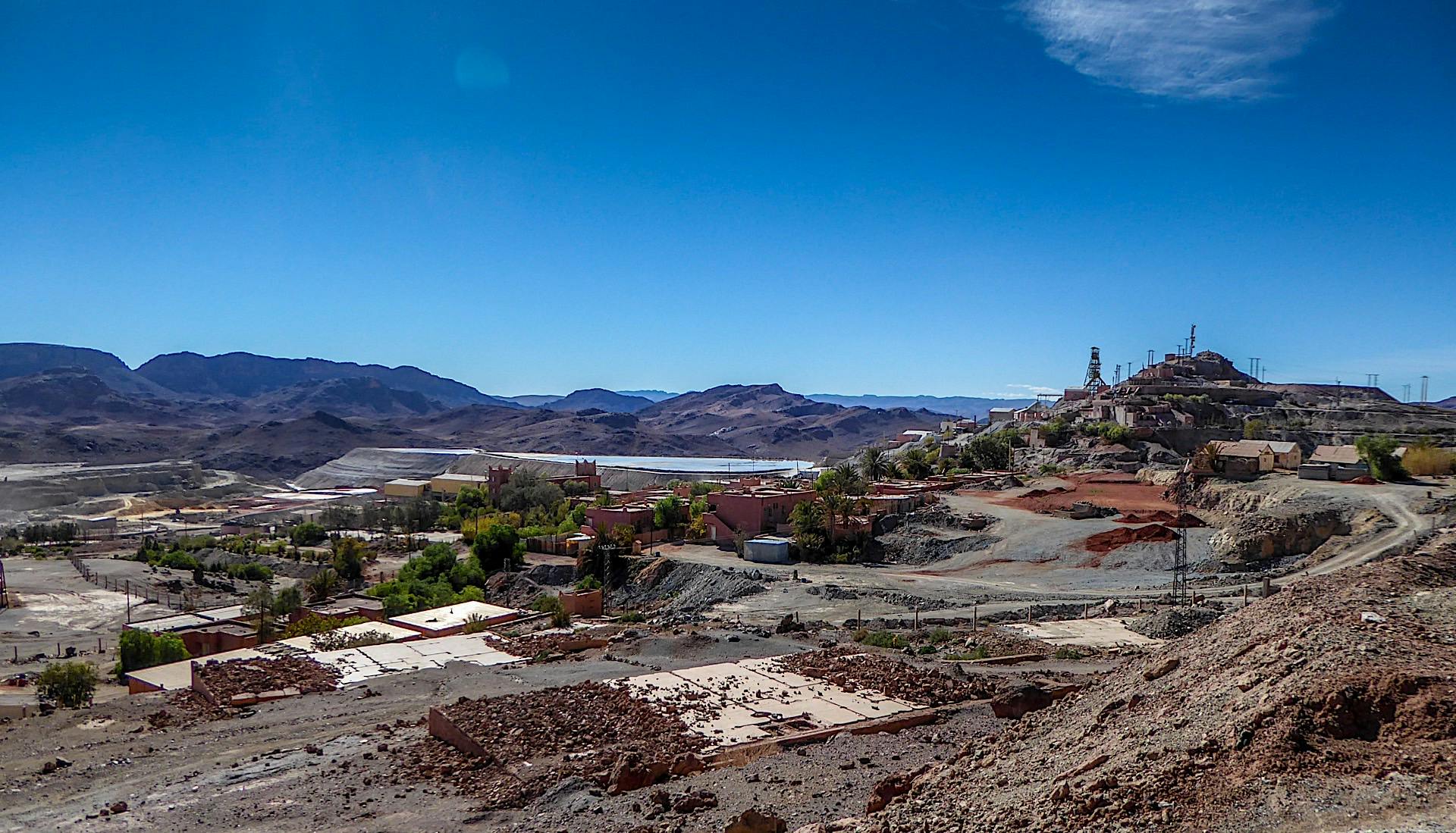Ford Motor Company (NYSE: F) is the first American automaker to join the Initiative for Responsible Mining Assurance (IMRA), a multi-sector effort centered around best practices for multiple aspects of mining.
In its annual sustainability report, issued in mid-2020, Ford put on paper its intent to become fully carbon neutral by 2050. There are planned milestones along the way that focus on strategies around the challenges of customer acceptance, government regulations, economic conditions, and the availability of renewable, carbon neutral electricity, and renewable fuels.
The automaker’s sustainability plan has several goals, among them, to “responsibly source all raw materials used within our vehicles globally.” IMRA’s focus on the human impact of the mining industry fits into that plan.
IMRA was formed in 2006 and is made up of representatives from mining companies, jewelry retailers, civil society representatives, technical experts, and trade associations. It is governed by a series of stakeholders from five sectors: mining industry, jewelry retail, affected communities, labor, and nongovernmental organizations.
As part of its mission, IMRA works to advance responsible mining practices. The organization provides third-party verification and certification against comprehensive environmental and social criteria for all mined materials using a standard that was developed 10 years ago in consultation with 100 stakeholders.
“Everything we make and everything that goes into our products throughout the supply chain must not only comply with local laws, but follow our commitment to sustainability and human rights protection,” said Sue Slaughter, Ford’s purchasing director for supply chain sustainability. “Joining IRMA helps us and other companies consistently achieve that goal by forwarding best practices to address environmental, social, and governance issues.”
Ford has around 1,200 Tier 1 production suppliers that create vehicle parts from about 1,000 different materials. They has been conducting due diligence regarding the origins of tin, tungsten, tantalum, and gold-included products since 2013. In 2018, Ford expanded its purview to include the origins of cobalt and other materials that traditionally originate in the Democratic Republic of the Congo and other African nations.
In late 2019, Volvo announced its intent to become the first automaker to implement global traceability of cobalt used in its batteries by applying blockchain technology. The Swedish automaker gets its batteries from CATL of China and LG Chem of South Korea, who have also agreed to be part of the tracking program.
Electrified vehicles, such as the 2021 Ford Mustang Mach-E and 2021 Ford F-150 PowerBoost, are promised as the future of the Ford brand, and require numerous types of mined minerals and elements, which go into their batteries. Lithium, cobalt, nickel, manganese, and graphite are among the most-used materials for batteries. Ford has partnered with LG Chem for batteries in the Mustang Mach-E.
Mining is historically linked with dirtying the environment; effecting food sources, noise levels, and air pollution. Areas of the world where mining occurs are typically conflict-affected and considered high-risk. Many do not have governance regulating the industry and how it effects the residents living near mining operations.
In 2019, Bloomberg reported that battery production may result in up to 74 percent more carbon dioxide emissions than an efficient internal combustion engine-powered car, when those plants rely on fossil fuels for production.
Nissan, General Motors (NYSE: GM), Volvo, Bentley, and Audi have also made a significant commitment to reducing their carbon footprint and to make their vehicle development and production more sustainable.
GM has committed to having its Spring Hill, Tennessee plant run exclusively on solar power by 2022. They have also signed on to source 100 percent of electricity at GM-owned sites from renewables by 2030.
Ford has committed to using 100-percent locally sourced renewable energy for all its manufacturing plants globally by 2035. They intend to employ hydro-, geothermal, wind, and solar power to make it happen. There is also the promise to achieve zero air emissions from company facilities and contribute true zero waste to landfills across their operations by 2030.
In addition to environmental concerns, questions have been raised about the human toll of mining for these substances, including the use of child labor and slaves. Ford has signed on to the United Nations Global Compact and is working to align operations with the agreement’s 10 human rights principles. They were the first automaker to join the Responsible Business Alliance to improve social, environmental, and ethical conditions in supply chains.

